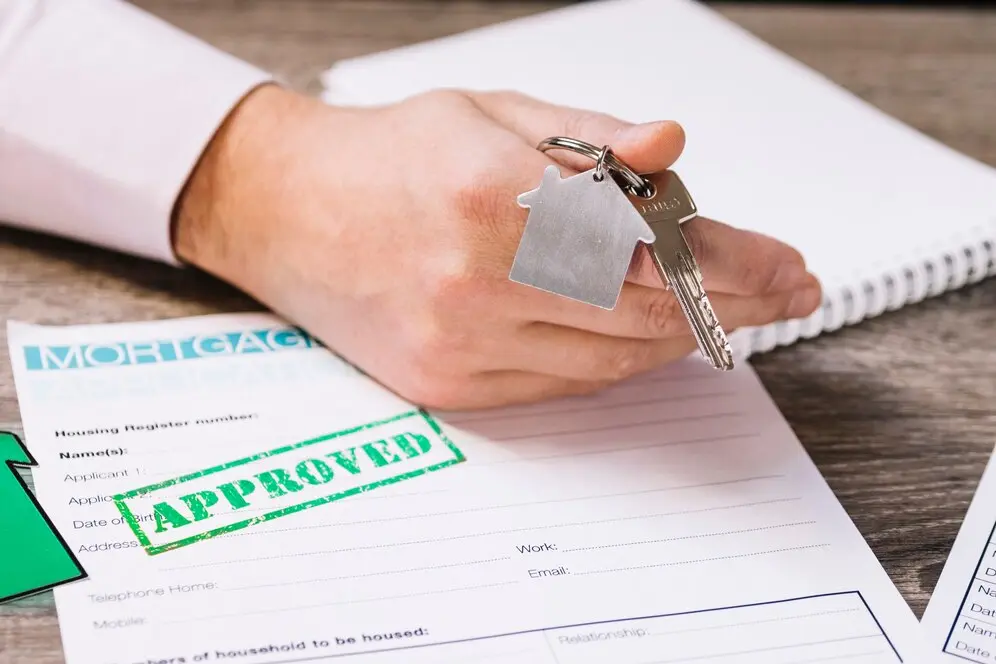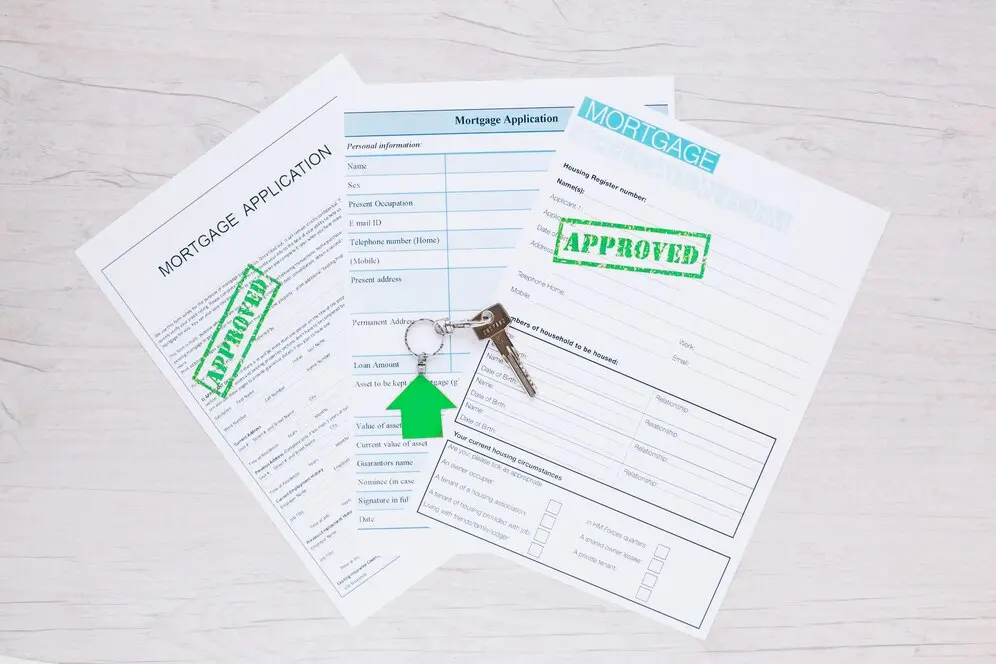Securing a real estate license paves the way for a multitude of career avenues within the dynamic and profitable real estate sector. Whether your interests lie in sales, marketing, negotiation, or client relations, possessing a real estate license offers a gateway to a fulfilling and prosperous career. In this informative piece, we delve into the myriad opportunities available to individuals with a real estate license, shedding light on the diverse paths and potential for professional growth and success in the ever-evolving realm of real estate. So, what can you do with a real estate license? Let’s explore the possibilities.

What Can We Do With A real Estate License?
Unlocking Opportunities with a Real Estate License
A real estate license extends beyond mere accreditation; it serves as a gateway to a realm of boundless opportunities. Possessing a real estate license opens doors to a diverse array of career paths and roles within the real estate sector. Individuals with a real estate license can explore avenues such as residential or commercial real estate sales, property management, real estate appraisal, brokerage, leasing, and more. Whether you aspire to represent buyers and sellers, manage properties, assess real estate values, or oversee transactions, a real estate license equips you with the skills and credentials necessary to thrive in the industry. With the flexibility to specialize in various niches and the potential for lucrative earnings, a real estate license offers a pathway to a fulfilling and dynamic career. So, what can you do with a real estate license? The possibilities are abundant and diverse, limited only by your interests, skills, and ambitions.
Real Estate Agent
Perhaps the most common career path for individuals with a real estate license is that of a real estate agent. Real estate agents assist clients in buying, selling, or renting properties, guiding them through the entire transaction process from start to finish. Agents work closely with clients to understand their needs, preferences, and budgetary constraints, helping them find the perfect property or secure the best deal possible.
Broker
With further education and experience, real estate agents can advance to become licensed brokers. Brokers possess the authority to establish their own real estate brokerage, supervising the activities of other agents. This progression allows individuals to build their team, create their brand, and improve their real estate career to unprecedented levels. So, what can you do with a real estate license? Progressing to a broker’s license offers autonomy and opportunities for professional growth within the industry.

Property Manager
Property management is another viable career path for individuals with a real estate license. Property managers are responsible for overseeing the day-to-day operations of rental properties, including tenant relations, maintenance, and financial management. Property managers ensure that properties are well-maintained, tenants are satisfied, and rental income is maximized.
Real Estate Investor
Individuals holding a real estate license often opt to become real estate investors. These investors acquire properties aiming to generate rental income or capital appreciation. They might engage in strategies like long-term property ownership, flipping properties for profit, or participating in real estate investment trusts (REITs) and crowdfunding platforms. So, what can you do with a real estate license? Investing in real estate provides opportunities for building wealth and diversifying one’s investment portfolio.
Commercial Real Estate Specialist
Specializing in commercial properties is a lucrative career path for those interested in the commercial side of real estate. Commercial real estate specialists collaborate with businesses, investors, and developers to facilitate transactions involving commercial properties like office buildings, retail spaces, and industrial facilities. With a real estate license, individuals can pursue diverse opportunities in the commercial real estate sector, contributing to their professional growth and financial success. So, what can you do with a real estate license? Specializing in commercial real estate opens doors to a dynamic and rewarding career in the industry.

In conclusion, a real estate license unlocks numerous career pathways within the industry, catering to diverse interests and skills. Whether your passion lies in sales, marketing, property management, or investment, there’s a niche for you to thrive in real estate. With dedication and hard work, individuals with a real estate license can carve out successful and fulfilling careers, offering financial stability and personal satisfaction. From representing buyers and sellers to managing properties or investing in real estate ventures, the possibilities are vast for those with a real estate license. So, what can you do with a real estate license? The answer: pursue your passion and explore the multitude of opportunities available in the dynamic world of real estate.
Ready to explore the possibilities with a real estate license? Contact a local CENTURY 21 affiliated agent today to learn more about how you can capitalize on current market opportunities and start on a rewarding career in real estate. Don’t settle for average – unleash your potential with the CENTURY 21 brand by your side! Inspired? Contact us now to learn more about real estate.
Frequently Asked Questions
1. What career options are available with a real estate license?
Individuals with a real estate license can pursue various career paths, including real estate agent, broker, property manager, real estate investor, and commercial real estate specialist. These roles offer opportunities for professional growth and financial success within the industry. So, what can you do with a real estate license?
2. How do I become a real estate agent?
To become a real estate agent, you need to complete pre-licensing education requirements, pass the real estate license exam, and affiliate with a licensed real estate brokerage. Once licensed, you can represent clients in buying, selling, or renting properties, helping them navigate the complexities of real estate transactions. What can you do with a real estate license to become an agent?
3. What are the benefits of becoming a licensed broker?
Advancing to a licensed broker allows individuals to establish their own real estate brokerage, oversee the activities of other agents, and build their brand within the industry. Brokers enjoy increased autonomy, higher earning potential, and opportunities for professional development and leadership. How does obtaining a broker’s license expand what you can do with a real estate license?
4. How can a real estate license help me as a property manager?
A real estate license is instrumental in legitimizing your role as a property manager and demonstrating your expertise in handling rental properties. With a license, you can perform essential tasks such as lease negotiation, property marketing, tenant screening, and rent collection in compliance with legal regulations. Moreover, having a real estate license enables you to offer professional services to property owners, enhance their property’s value, and ensure a positive rental experience for tenants. So, what role does a real estate license play in property management, and what can you do with a real estate license to excel in this field?
5. What are some strategies for real estate investing with a license?
Real estate investors with a license can engage in various strategies, such as acquiring rental properties for passive income, flipping properties for profit, or investing in real estate investment trusts (REITs) and crowdfunding platforms. Having a license offers insights into market trends and legal aspects of real estate investing. How does having a real estate license impact investment strategies?
6. How can I specialize in commercial real estate with a real estate license?
Specializing in commercial real estate involves gaining expertise in transactions involving office buildings, retail spaces, and industrial facilities. With a real estate license, you can pursue additional education and training in commercial real estate and network with industry professionals to establish yourself as a specialist in this niche. What opportunities does a real estate license provide for specializing in commercial real estate?
7. What are the steps to starting a career in real estate investing?
A real estate license provides individuals with valuable insights into market dynamics, legal regulations, and property valuation techniques, essential for successful real estate investing. With a license, investors can leverage their knowledge to analyze market trends, identify lucrative investment opportunities, and navigate complex transactions with confidence. Additionally, having a real estate license allows investors to access industry resources, network with other professionals, and stay informed about market developments, enhancing their ability to make informed investment decisions. So, what can you do with a real estate license to facilitate your transition into real estate investing?




